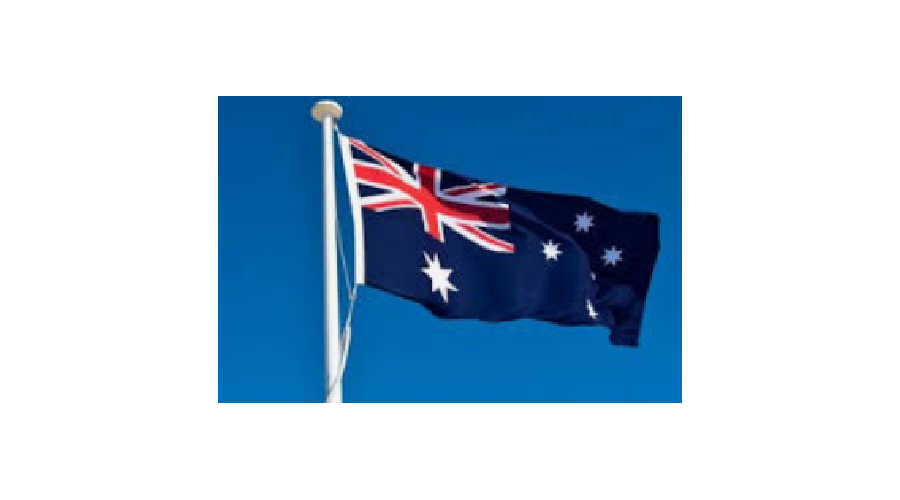20 June 2022
By Robert Scollay
Radio New Zealand relayed a lengthy article today, Monday, and I would like to share with readers just some of the extracts from the piece having the genera title, as above.
Quote
Analysis -The frequent use of the term "shared values" to describe developments in the Pacific tends to obscure a distinct shift in New Zealand and Australian relations with their Pacific partners over the past two decades.
This shift has seen a move away from ready acceptance by Pacific nations of policy prescriptions reflecting "developed country" priorities, towards a greater insistence on New Zealand and Australian support for policies generated by those Pacific partners themselves.
This shift has now been recognised by New Zealand's foreign minister, Nanaia Mahuta, and more recently by Australia's new foreign minister, Penny Wong, during her visit to New Zealand last week, giving credibility to a renewed Australian focus on the "Pacific family".
Perhaps the most obvious expression of those Pacific priorities and values relates to climate change. This existential challenge to island nations has been given the highest priority by Pacific governments, but has also been by far the most divisive factor in recent Australia and New Zealand relations with the Pacific.
Successive Australian leaders have refused to consider commitments to climate change policies that Pacific countries see as critical to their long-term survival. Australian officials have worked to weaken the outcomes of international climate change conferences.
Frustrated by Australia's resistance to using the Pacific Islands Forum to demand more meaningful action on climate change, Pacific countries have felt compelled to seek participation in other international groups and forums where their priorities could be unambiguously advanced.
Against this background, Wong's post-election dash to Fiji was a necessary and timely "save". Her catch-cry of "we have heard you and we are listening" crucially signalled a coming change in Australia's climate change stance.
A new regional convergence on climate change policy will remove a major irritant from Pacific relations and create a solid foundation for the partnership's future. But ongoing commitment by Australia and New Zealand to climate change policies that are fit for purpose will be essential for its durability.
Fiji's growing influence
Fiji's evolving position has been an important factor in the widening of Pacific states' international relations.
In recent years, relations between New Zealand and Fiji have been progressive.
Progress needed on labour mobility
Looking to the future, the greatest potential contribution New Zealand can make to Pacific development lies in the expansion and broadening of labour mobility arrangements with Pacific partners. The impact of Pacific seasonal workers' absence during the pandemic highlighted their importance to the New Zealand economy.
Consultation should now take place both internally and with Pacific partners to design and implement an expanded range of labour mobility arrangements that both support Pacific development aspirations and deliver an economic benefit to New Zealand.
During the recent Australian election campaign, both major parties indicated their intention to move ahead on this issue. It's one area - among others - where New Zealand should not be seen to lag behind.
End of quoted extracts.
Footnote.
Robert Scollay is Honorary Associate Professor of Economics at University of Auckland
Copyright @ 2022 Radio New Zealand.
Yours sincerely
Frank Short



